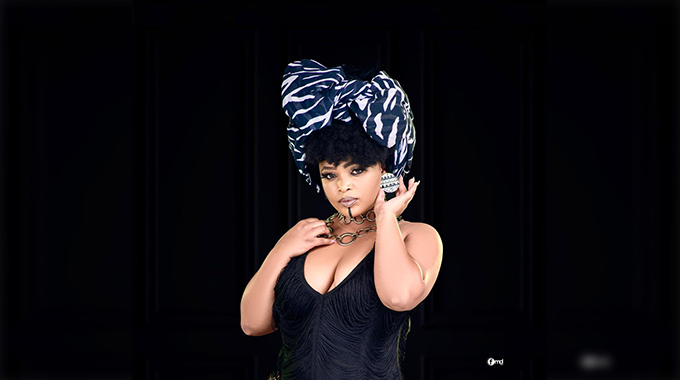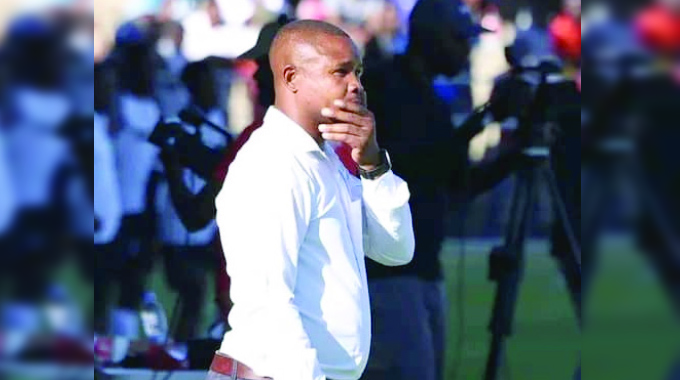Independence ended racial discrimination for black boxers…‘I could not go to the toilet alone’

lovemore Dube, [email protected]
FOR Morris Chiwaula, Independence ended episodes of racial discrimination he had faced as a young boxer.
He recalls traveling to places like Harare and Kwekwe and facing the harsh realities of life then.
Chiwaula, who rose to being national welterweight champion in the early 1980s, also brought bronze from Ethiopia from an international tournament in 1983.
He said he had been taken under the wings of Tom Fereira whose club, North End, trained at the suburb in Bulawayo. It was a fledging club with some very promising boxers like Ndaba Dube, Ambrose Mlilo, Arigoma Chiponda and Nokuthula Tshabangu at some stage.
Fereira believed in junior policy as the future of the sport in the country.
Chiwaula joined Fereira in 1978.
“For six months I trained and was not going to the ring. Fereira believed in giving one basics first, you entered the ring once you had mastered the basics of boxing,” said Chiwaula.
Back then boxing, he said, was dominated by Whites and Coloureds.
He said the birth of Independence in 1980 saw clubs like Sizinda, Mzilikazi and Tshaka coming to life. He said they were there but not as active as they got to be an independent Zimbabwe.
Chiwaula said they would experience racism when they travelled.
“You get to Golden Mine in Kwekwe and you want to use the toilet, you hear whistling by staff at the facility and they tell you, you are not allowed, there is a separate toilet elsewhere for blacks.
“Tom Fereira would jump to my rescue and say I am part of the team and am entitled to all facilities.
“Even at restaurants I would be asked to go and seat elsewhere and Fereira would fight in my corner,” said Chiwaula.
When in camp away from home he said there would be that poser of where he would sleep with other black boxers.
“Tom always fought that we stay and sleep with the rest of the team regardless of where we were. I did not feel racism in the sport but when we travelled it came to the fore,” said Chiwaula.
Whenever he woke up at night Chiwaula said he would not go alone fearing he could be harmed by other white boys who were not part of his team.
“I would wake up some guys from my team to accompany me, I feared they would follow me to the toilets and harm me,” said Chiwaula.
Chiwaula is now a boxing and gym instructor in Gaborone, Botswana and has been among the driving forces in that country’s transformation in the sport.
He is among the driving forces of both amateur and professional boxing.
After Independence the likes of Langton Tinago, Kilimanjaro, Stix Macloud, Thamsanqa Dube, Ambrose Mlilo, Charles Manyuchi, Bright Spider, Hastings Rasani, Alfonso Zvenyika, Flash Chisango, Peter Pambeni, Ali Phiri, Duke Chinyadza, Ezwell Ndlovu, Melisa Sibanda and Trust Ndlovu got the chance to fight beyond our borders.
Soon after Independence Chiwaula said the likes of Kenny Mutasa, Gabriel Muchenje and Denis Mudara came forward to be active officials of the sport and helped groom a lot of talent.
During the Ian Smith Regime he said he had trained well and stayed good friends with Martin Selman, Donovan Cook and Stan Haddon who were white boxing clubmates despite the highway racism.












Comments